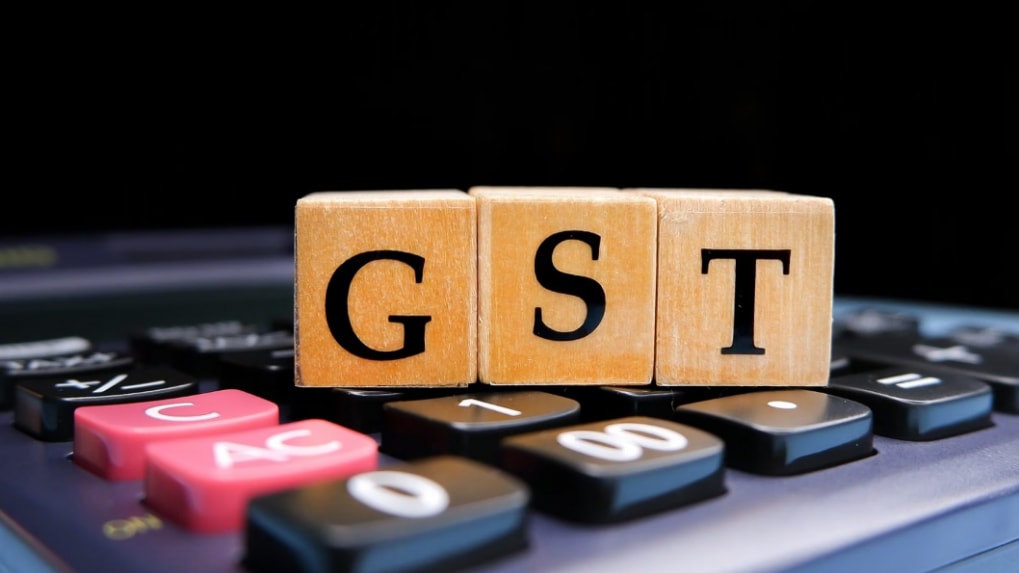Brand Makers
Dil Ka Jod Hai, Tootega Nahin

The Centre is examining a range of fiscal and legislative measures to ensure that the tax burden on tobacco products remains unchanged once the GST compensation cess regime comes to an end. According to a CNBC-TV18 report, discussions between the Finance Ministry and the Prime Minister’s Office are focused on ensuring that revenue from tobacco continues to remain outside the GST divisible pool, preserving fiscal space exclusively for the Centre.
The report, citing sources said that the government is likely to introduce a new mechanism in Budget 2026 to replace the existing compensation cess on tobacco products. The current levy will continue only until the repayment of back-to-back loans disbursed to states during the pandemic is complete.
Under the GST regime, tobacco, along with aerated drinks, coal and automobiles, attracted an additional compensation cess over the 28% peak slab. Despite GST rate rationalisation for several products, levies on tobacco have remained unchanged, ranging from 5% to 290%.
With the Compensation Cess framework approaching in March 2026, the Centre faces the challenge of preventing a major erosion of tax revenue from tobacco. Sources added that the government is firm on keeping tobacco taxation outside the divisible pool, a status the compensation cess has enjoyed since its inception, as it was earmarked exclusively to compensate states for GST shortfalls. With that obligation gradually ending, the Centre now seeks to retain the same exclusivity for greater fiscal flexibility.
From Delhi’s sharp-tongued lyricists to Chennai’s bilingual innovators and North-East India’s experimental beatmakers, Rap 91 LIVE’s lineup was a sonic map of the country’s cultural diversity.
Read MorePiyush Pandey was a force of nature - brute force for his opponents and a natural creative at heart.